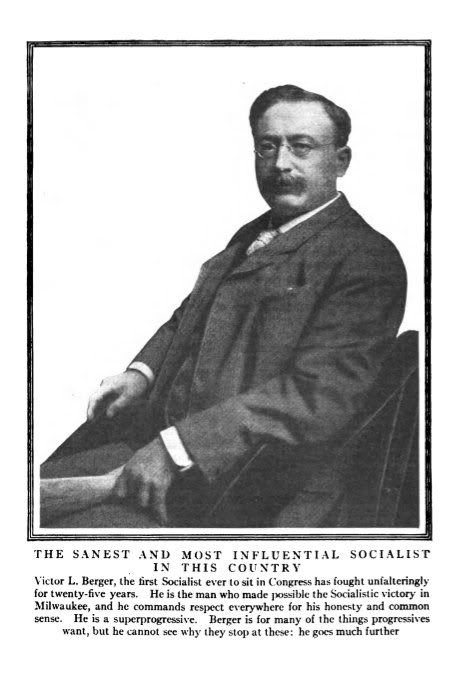Constitutions - No society can make a perpetual Constitution or even a perpetual law. The earth belongs always to the living generation. They may manage it then, and what proceeds from it, as they please during their usufruct. They are masters, too, of their own persons, and consequently may govern them as they please. But persons and property make the sum of the objects of government. The Constitution and laws of their predecessors extinguished them, in their natural course, with those whose will gave them being. This could preserve that being till it ceased to be itself, and no longer. Every Constitution, then, and every law, naturally expires at the end of nineteen years. If it be enforced longer it is an act of force and not of right.
I think this is important to address, because there have been attempts by progressives to use Jefferson's quote, even to the point of defending Ginsburg's comments. Yes, I purposely asked an absurd question to illustrate the absurdity of the progressives' proposal here. Anyways, regarding Jefferson's letter, there's two things that stand out here to me. First, is the word "law", and second is "usufruct". If we were to just take this at face value, then could it be said that after 19 years we should just run right back into tyranny after throwing it all out? I suspect that's not what Jefferson was saying here. Regarding "law", in searching for this quote from Jefferson, I came across the following: The writings of Thomas Jefferson, 1907. In the section titled "Jefferson and the Land Question"(alternate link to constitution.org), the following is written:
Jefferson is a pole star among political philosophers because he based his politics on the eternal, self-evident, fundamental truths that all men are created free and equal and that they are endowed by their Creator with certain inherent and unalienable rights, among which are life, liberty and the pursuit of happiness. How are the rights of life, liberty and the pursuit of happiness primarily to be exercised? Not in the political field, but in the underlying social field. How shall a man get an independent living precedes how shall he participate in general government. He cannot exercise, or fully exercise, his political faculties until, without let or hindrance, he can get sustenance.
Hence Jefferson's political axiom involves as a prerequisite a social or economic axiom, without observance of which political institutions can be only as a house built upon the sand. This economic axiom is that men have equal rights to natural opportunities, to land. On land mankind must have its habitation and from it it must draw subsistence. Nowhere else, from no other source, can it live. Therefore, the rights of life, liberty and the {ii} pursuit of happiness carry with them the inherent, unalienable, equal right of all to land.
And the chapter proceeds from there, including the quote from above about the expiration of all law after 19 years. Now, I focused on the word "law", and not on "constitutions", because it's pretty well known that Jefferson was firm in his belief of liberty. So while we can..... and even should....... throw out laws all the time(and perhaps 19 years may even be too long) that does not mean we throw out everything. We do not throw out that which protects us from an authoritarian. We do not throw out our firm reliance upon the protections of Divine Providence. Unless I'm totally wrong here, to which this second book and it's details would also appear to be wrong.
On to "usufruct". The second book talks about "Jefferson and the Land Question", and puts this letter in that context. The word "usufruct" means:
1: the legal right of using and enjoying the fruits or profits of something belonging to another
2: the right to use or enjoy something
In short, property. Which means that Jefferson was at least in large degree talking about property laws. Now, he does use the word "Constitution" several times, so that can't and shouldn't be ignored. But I have little doubt that Jefferson assumes that the inalienable rights that we've retained by our Creator would be a part of any future constitution which may be formed. So any constitutions which are built upon a basis of social justice need not apply to the United States of America. We are better than that, we have rights which are inalienable by social justice.
http://tinyurl.com/7lp6w7w



